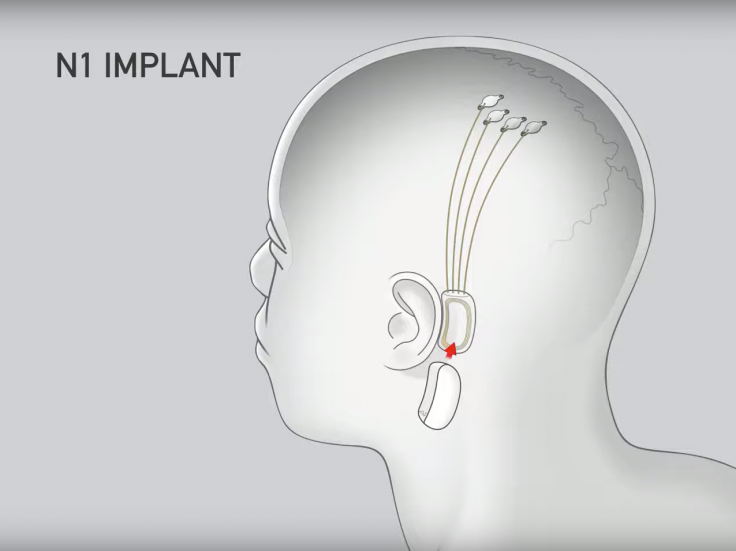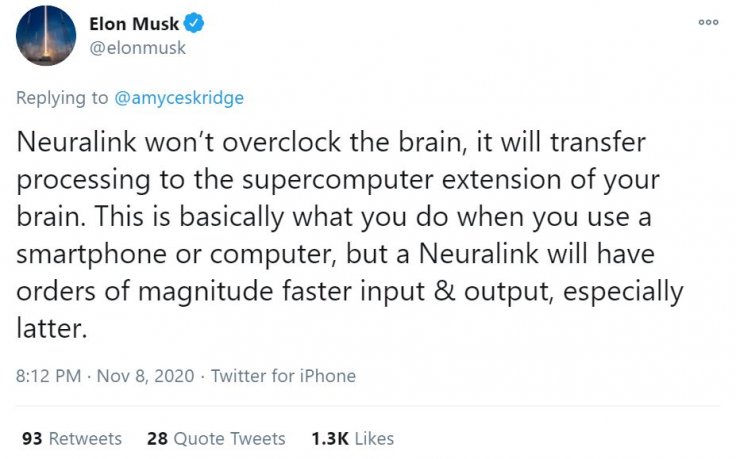Ever since Elon Musk announced Neuralink, a brain-computer interface (BCI), neuroscientists have had plenty of questions. Inserting a chip in your brain has always met with skepticism and Neuralink hasn't been any different. Recently, a Neuroscientist raised some valid questions on the chip's heat transfer potential and Cerebrospinal Fluid (CSF) leak. Musk said his team has already addressed the issues. Let's find out if at all the two scenarios pose any risk.
Heat Transfer
The constant energy transfer in a chip that is made up of silicon heats up. That's the reason why you see bulky air coolers or water coolers on computer processors. The Neuralink chip is not very different. But the neuroscientist named Amy Eskridge asked Musk if he had considered the heat transfer problem created by the Neuralink chip as she believed it would actually "overclock" the brain and help it work faster. Neuralink although is not such a device.

It is designed to read electrical signals in the brain. The embedded threads intercept the signals generated in the brain and transfer the processing to a computer extension. Musk said that the chip already has built-in sensors that automatically maintain a safe temperature. Eskridge also shared her thoughts on the potential issue saying that "depositing of the amyloid plaques" could be used to counter the heating of the central nervous system (CNS) through "letting the amyloid protein absorb the heat".
"I believe the depositing of amyloid plaques, seen now as purely a pathogenic process, is actually a suboptimal evolved strategy to counter CNS heating by absorbing the work of the heat into the amyloid protein, which is then denatured by the heat, leading to a cooling of the area," she added.
Musk responded saying it won't "overclock the brain". "It will transfer processing to the supercomputer extension of your brain. This is basically what you do when you use a smartphone or computer, but a Neuralink will have orders of magnitude faster input & output, especially latter," Musk said.




Potential CSF Leak
Eskridge also raised concerns about a potential scenario where CSF might leak due to increased electrical activity in the brain in order to absorb the heat. Known as cranial CSF leak, it happens due to trauma among various other reasons. It can cause various problems including headache, hypersensitivity to light and sound, nausea among others.
"Sustained increased intracranial hypertension from non-transient increases in electrical activity eventually requires the fluid needing to drain to remove pressure from the brain stem. Anyone who has experienced a leak has felt the sensation of cold as the fluid drains," she said. However, since there will be no overheating of the CNS due to the chip, there will be no potential scenario of CSF leak.
Other Concerns
This is not the first time neuroscientists or neurologists have raised questions about Neuralink. Musk has claimed among many things that the chip could solve many brain and neurological disorders besides depression.

John Krakauer, a professor of neurology at the Johns Hopkins University, told Inverse that despite the claims, Neuralink was far away from reaching the stage where the brain could be linked to a computer. He said that Musk didn't address any of his concerns in his August 28 demonstration.
"The device we saw was placed over a single sensorimotor area. If we want to read thoughts rather than movements (assuming we knew their neural basis) where do we put it? How many will we need? How does one avoid having one's scalp studded with them? No mention of any of this of course," Krakauer said.
A professor of neurosurgery, Kevin Tracey from the Feinstein Institutes for Medical Research, said that he didn't believe Neuralink could treat any of the diseases Musk claimed. Musk's demonstration on pigs only involved reading neural signals from the brain and treating a disorder could be years away.









